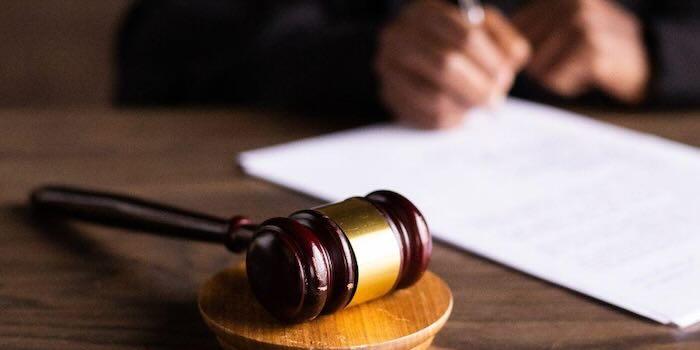By Liberty Counsel ——Bio and Archives--April 4, 2024
American Politics, News | CFP Comments | Reader Friendly | Subscribe | Email Us

TALLAHASSEE, FL – While the Florida Supreme Court ruled 4-3 that a deceptive proposal to codify unrestricted abortion in the state constitution could go before voters this November, three justices got it right in their dissents. They correctly argued that the proposed amendment “misleads” voters and “fails” to convey the far-reaching legal consequences if voted into law.
Justices
Renatha Francis, Jamie Grosshans, and Meredith Sasso, the three women on
the Court, all dissented from the majority opinion. The three
dissenting justices said the language was defective in several major
areas:
1. The amendment “misleads” voters by “ending (as opposed to ‘limiting’) legislative and executive action on abortion.”
Justice Francis argued the proposed amendment “hides the ball” as to its future legal ramifications. She stated the potential effects of the amendment were “fourfold” in that it would repeal all “meaningful abortion laws,” eliminate any legislative actions to protect babies before viability, subject any laws regarding post-viability abortions to a “health care provider’s veto,” and would “redefine abortion as a health issue in Florida without saying so.”
“As written, the title and the ballot summary (which parrots the amendment) fail to give the voters what they need to make an informed decision; thus, both violate the truth-in-packaging law,” wrote Justice Francis.
Justice Grosshans also noted the proposal “misleads by omission” and “fails to convey the breadth of what the amendment actually accomplishes.”
“…this
amendment returns abortion issues back to the courts to interpret scope,
boundary, definitions, and policy, effectively removing it from the
people and their elected representatives,” wrote Justice Grosshans. She
further noted “the voters are owed candor and accuracy” and it was the
“sponsor’s duty to advise the voter” on the amendment’s impact.
2. The “ambiguous” and “undefined terms” have no shared meaning setting the stage for protracted litigation.
Justice Sasso stated the amendment’s language included numerous “undefined terms,” such as “viability,” “health care provider,” and “patient’s health.” While the amendment’s sponsor argues the terms are “clear and obvious,” Justice Sasso disagreed.
“The Sponsor is just plain wrong. None of those terms have any sort of widely shared meaning…,” wrote Justice Sasso. “Similarly, I find it highly unlikely that voters will understand the true ramifications of this amendment—that they will read the ballot summary and vote based on an informed understanding and acceptance of the uncertainties posed by its vague and ambiguous language.”
Justice
Grosshans stated that placing such “broad” and “undefined terms” in the
state constitution would lead to “decades of litigation.”
3. The amendment ignores personhood and poses a “devastating infringement” on a person’s right to live.
Justices Francis and Grosshans both noted that the proposed amendment would likely impact the definition of personhood in the state constitution.
“The exercise of a ‘right’ to an abortion literally results in a devastating infringement on the right of another person: the right to live. And our Florida Constitution recognizes that ‘life’ is a ‘basic right’ for [a]ll natural persons.’ One must recognize the unborn’s competing right to life and the State’s moral duty to protect that life,” stated Justice Francis. “Instead, [this amendment] is a Trojan horse for the elimination of any recognition of the State’s interest in protecting what Roe termed ‘potential life.’”
Justice Grosshans stated that the amendment’s failure to inform voters on how it would impact the protections of personhood in the state constitution was not acceptable.
Justice Grosshans wrote, “If advised of the conflict, the voter could recognize for themselves that, at some level, an amendment providing broad protection for abortion would bear upon constitutional personhood rights as applied to the unborn child. Thus, the voter would be able to consider the choice before them and the decision they must make.”
Even the Court’s majority acknowledged how the language was broad, but refused to take a position on the future legal effects of the amendment and chose to put the final decision into the hands of voters.
Liberty Counsel Founder and Chairman Staver stated, “Other than parental notification, no law will survive, not even health and safety regulations. Back alley abortion butchers will be unregulated. Under this proposed amendment, a tattoo artist, a 911 operator, or an assistant to an orthotic shoe fitter will be considered a ‘health care’ provider and be able to render medical opinions with no medical training. When Floridians learn about this extreme amendment, they will vote ‘No!’”
View Comments
Liberty Counsel is an international nonprofit, litigation, education, and policy organization dedicated to advancing religious freedom, the sanctity of life, and the family since 1989, by providing pro bono assistance and representation on these and related topics.